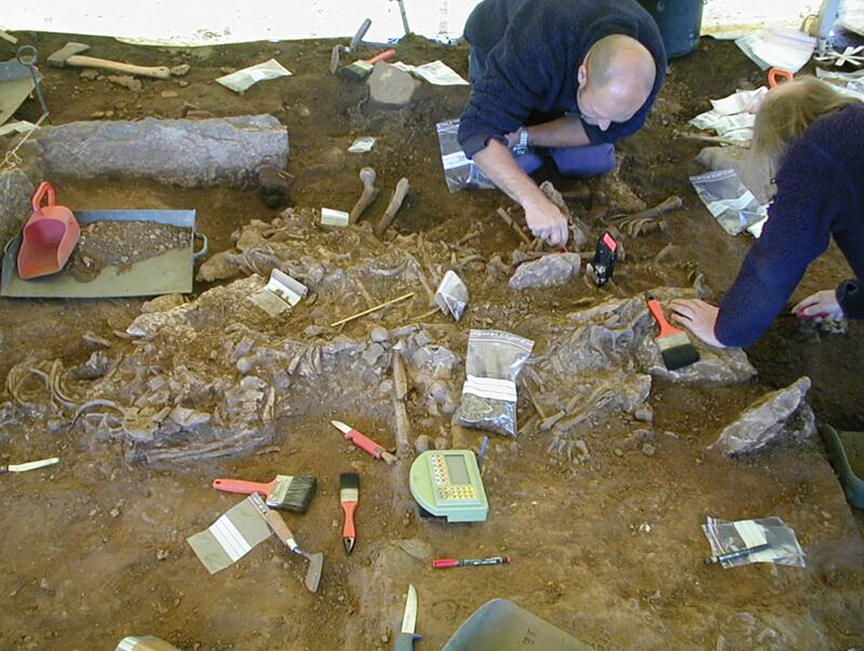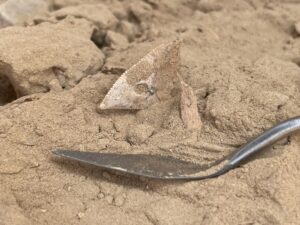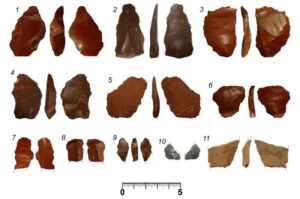In the 14th century, the plague wiped out 50 million across Europe and Asia. It remains one of history’s most fatal pandemics. But this was not the first time the bubonic plague hit Europe. It also caused the disappearance of Scandinavian populations thousands of years earlier.
Dubbed the Neolithic Decline, huge numbers of northern Europeans started to die out 5,000 years ago. This continued for 200 years. What happened has always been a mystery. A 2019 study proved that the bacteria that caused the plague was present in the region at the time. But no one could decipher how much this caused the downfall of Europe’s first farming communities.
The new study analyzed the teeth and bones of 108 individuals from Sweden and Denmark. All remains date between 5,300 and 4,900 years ago.
“Eighteen of these individuals, 17 percent, were infected with the plague when they died,” said lead author Frederik Seersholm. “Furthermore, our results suggest that the youngest plague strain we identify might have had epidemic potential.”
The team identified three different strains of the pathogen. The first two were found in a few remains. But the third was more prolific. The researchers believe this is the strain that had such a devastating effect. The fact that one individual in six carried the plague indicates that the disease was widespread in Scandinavia at the time.
Better farming = more people = spread of disease
The Neolithic period featured an agricultural revolution. Farming came to Europe 9,000 years ago and flourished for 5,000 years. These first farmers originated in the eastern Mediterranean and had fairly advanced farming techniques, settlements, and monumental tombs such as Stonehenge.
Then, it was as if someone had pressed pause. For the next few hundred years, the settlements were abandoned, ritual burials stopped, and some agricultural knowledge disappeared.
But as farming blossomed 5,000 years ago, so did communities. Populations increased, and people began to live close to one another. Once a single member contracted the plague, it would, in theory, have spread quickly.
Seersholm acknowledges that this pandemic may just have been a contributing factor and that other circumstances could also have played a role.






